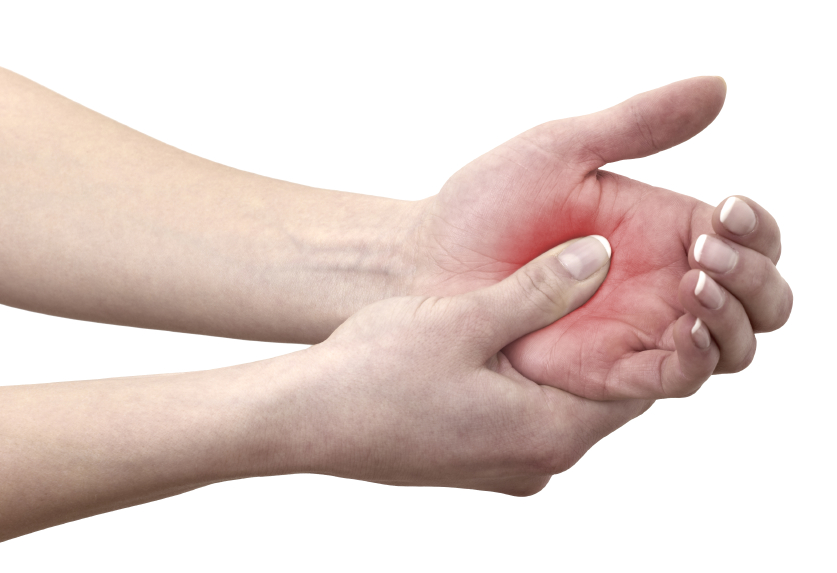
In a recent study, researchers in Nigeria investigated the phytochemical composition of the root bark of the African cassia tree. They noted that parts of the tree are traditionally used for the treatment of pain and body aches associated with malaria, but the specific components responsible for its therapeutic effects have not been identified.
The researchers reported their findings in an article published in the Journal of Medicinal Plants Research.
Root bark of the African cassia tree has anti-inflammatory and pain-relieving properties
According to the researchers, the use of different parts of the African cassia tree for the management of pain and other ailments is widespread even in India, where the plant is also cultivated. Several studies have thus explored the medicinal properties of the African cassia tree and found that is a great source of natural antipyretic (lowers fever), antiplasmodial (kills Plasmodium parasites) and anti-ulcer agents.
For their study, the researchers decided to evaluate the phytochemical properties of the root bark of African cassia. They sequentially extracted components of the root bark and analyzed the fractions using gas chromatography and mass spectrometry. They also dried and ground the bark into powder to obtain crude extracts (CECs) using 70 percent ethanol as solvent. Other fractions were obtained using solvents like hexane (HFC), chloroform (CFC) and methanol (MEC).
To test for acute toxicity and evaluate the analgesic and anti-inflammatory activities of the African cassia root bark, the researchers used male and female mice for three different experiments. For the first experiment, they pretreated the animals with either CEC or one of the three fractions they obtained, followed by acetic acid to induce pain. They took note of the duration of the animals' writhing response, which corresponds to pain severity.
To evaluate the anti-inflammatory activity of CEC and the three fractions, the researchers followed the same procedure but used formalin instead of acetic acid to induce inflammation in the mice's right paws. They then took note of the swelling caused by the chemical five minutes after exposure and at 20 minute-intervals afterward for a total of 120 minutes.
From these experiments, the researchers identified HFC as the sample with the highest anti-inflammatory and analgesic properties. They therefore analyzed the phytochemical composition of this active fraction. Then, using rats, they compared the ability of HFC to reduce inflammation and provide pain relief with that of commonly used pain killers, such as acetylsalicylic acid (aspirin) and morphine.
The researchers reported no mortality among the animals treated with the African cassia root bark extract and fractions. All of the samples showed anti-inflammatory and analgesic activities. HFC, in particular, showed comparable pain-relieving activities to morphine. At the same concentration of 100 mg/kg body weight, HFC also proved to be just as effective at reducing inflammation as aspirin. Phytochemical analysis revealed that the compounds responsible for these effects were gallic acid, caffeic acid, luteolin and ferulic acid.
Based on these findings, the researchers concluded that the extracts obtained from the root bark of the African cassia tree can be used as natural medicine for pain and inflammation. (Related: Rediscovering the many health benefits of frankincense, a natural analgesic and anti-inflammatory.)
Sources include:
Please contact us for more information.























